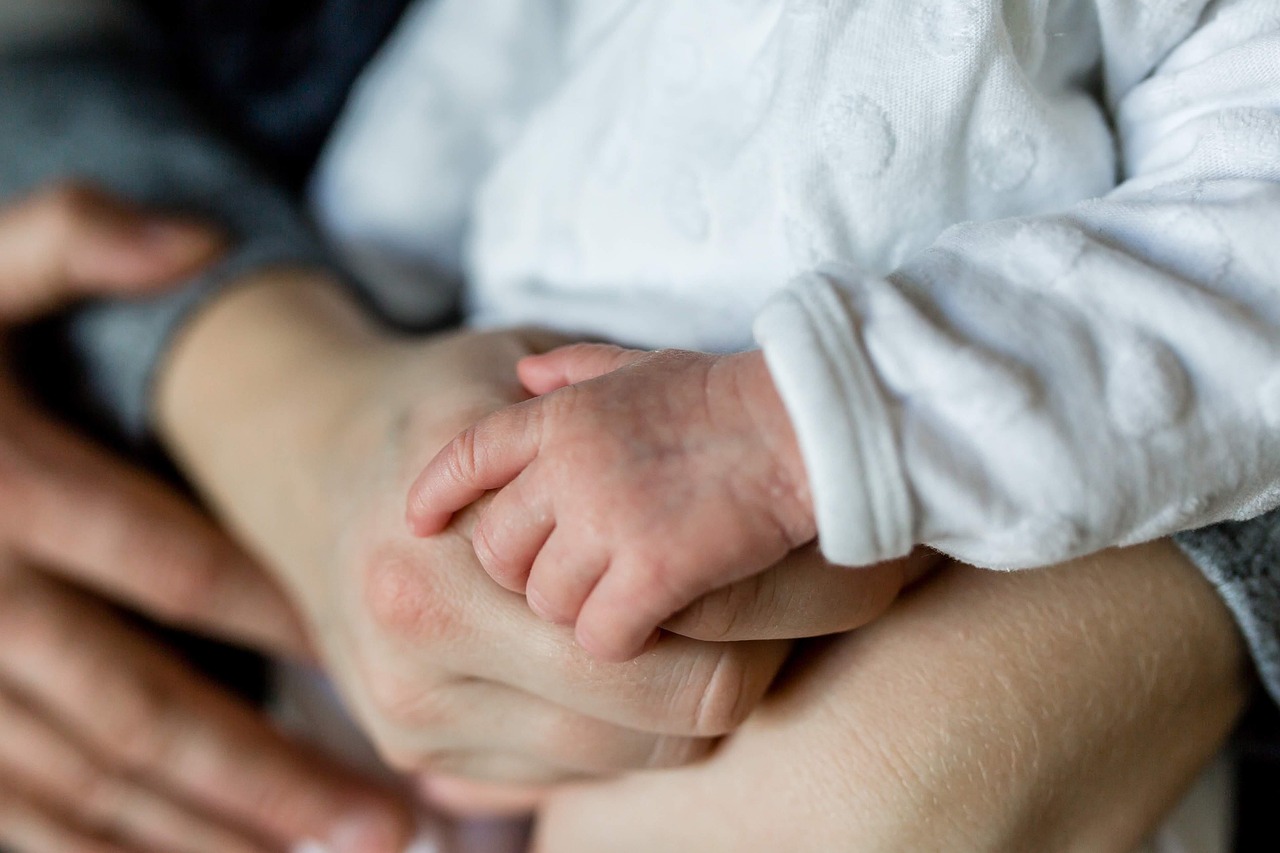It has been proven that highly stressful childhood experiences can have a negative impact on health in adulthood. Those affected are more likely to suffer from depression, anxiety disorders, cardiovascular or metabolic diseases, for example. Until now, little was known about whether childhood stress can also promote the development of neurodegenerative diseases. Researchers at Charité – Universitätsmedizin Berlin have now been able to show that severe childhood experiences lead to measurable signs of accelerated brain ageing and intensify neurodegenerative processes in old age. The study, which centres on women, has been published in the journal Annals of Neurology*.
Berlin/Germany, February 13, 2025 Recognising and preventing the risk of dementia later in life in good time
‘Stress and trauma during childhood, such as abuse or neglect, domestic violence, substance abuse or crime in the family or the loss of a parent – experiences of this kind actually affect quite a few people in our society,’ says study leader Prof Christine Heim, Director of the Institute of Medical Psychology at Charité. ‘Around 30 to 40 per cent of the population report stressful and highly stressful childhood experiences. These can leave molecular and neurobiological traces and influence the hormonal and immune system, which can contribute to a significantly increased risk of various diseases throughout life.’ With their study, Prof Heim’s research team wanted to find out whether these early stressful life experiences have a long-term effect on brain ageing and promote neurodegenerative processes.
Biomarkers, brain scan and cognitive tests
179 women aged between 30 and 60 took part in the study, which was conducted in close cooperation with the Department of Neurology at Charité. As women have an increased risk of neurodegenerative diseases, the scientists focussed their research work on this high-risk group. ‘First of all, we conducted clinical interviews to determine the extent of stressful and highly stressful experiences in childhood – even before the onset of puberty,’ says Lara Fleck, a doctoral student at Charité’s Institute of Medical Psychology and first author of the study. ‘We also used high-precision technologies to analyse blood samples from the study participants for biomarkers that indicate specific inflammatory processes and the death of nerve cells.’
The researchers used magnetic resonance imaging to create brain scans in order to record the size of the brain and the cavities filled with cerebrospinal fluid. They determined the cognitive performance of the participants using a standardised and internationally recognised test procedure. ‘The participants had to solve various tasks on the computer. We selected three specific tests for our study that can very accurately detect early signs of dementia,’ explains Lara Fleck.
The researchers analysed the collected data using statistical models. The scientists factored out socio-economic factors and the presence of mental health problems such as depression, which can play a role in the development of neurodegenerative diseases, so that the correlations under investigation were not influenced or distorted.
Early experiences of stress favour increased brain ageing
The results were clear at all three levels of the study: women who experienced high levels of stress or trauma in childhood had higher levels of biomarkers for inflammation and neurodegeneration in their blood, lower brain volume and more cognitive problems. ‘The results of our study show a very clear link between early psychosocial or socio-emotional stress experiences and increased brain ageing in women. Early stressful life experiences therefore do indeed appear to increase the risk of developing neurodegenerative diseases,’ concludes Prof Heim. ‘The underlying mechanisms must now be clarified in further studies so that the pathways of disease development can be interrupted early and in a targeted manner with suitable therapies in the future.’
‘Particularly in light of the fact that neurodegenerative diseases such as Alzheimer’s are increasing significantly, we need to gain a better understanding of the risk factors that play a role in their development,’ says Prof Matthias Endres, Director of the Department of Neurology at Charité. ‘Our findings shed light on previously unrecognised but all the more important correlations.’ However, not everyone affected by childhood trauma will develop dementia. Many people have a high degree of resilience, i.e. the ability to withstand severe life crises without suffering major damage. How resilience can be specifically promoted after early stressful experiences in childhood is an important question for further studies, according to the researchers.
The fact that women suffer from dementia much more frequently than men is one of the reasons why the scientists initially focussed only on women in the current study. In future studies, Prof Heim and her team want to investigate whether similar correlations can be observed in men. ‘The current study results relate exclusively to women,’ says the scientist. ‘However, they do not allow the conclusion that women with early stressful life experiences are more at risk than men.’
About the study
Prof Christine Heim and Prof Matthias Endres are members of the NeuroCure Cluster of Excellence. The Cluster of Excellence focuses on research into neurological and psychiatric diseases with the aim of better understanding disease mechanisms and developing new therapies. The study was funded by NeuroCure and carried out at the NeuroCure Clinical Research Centre.
Originalpublication:
*Fleck L et al. Early-Life Adversity Predicts Markers of Aging-Related Neuroinflammation, Neurodegeneration, and Cognitive Impairment in Women. Ann Neurol. 2025 Jan 9. doi: 10.1002/ana.27161
Further Information:
(https://onlinelibrary.wiley.com/doi/10.1002/ana.27161)
(https://medpsych.charite.de/)
(https://neurocure.de/)
ImageSource
Nadine Hillemeyer auf Pixabay


